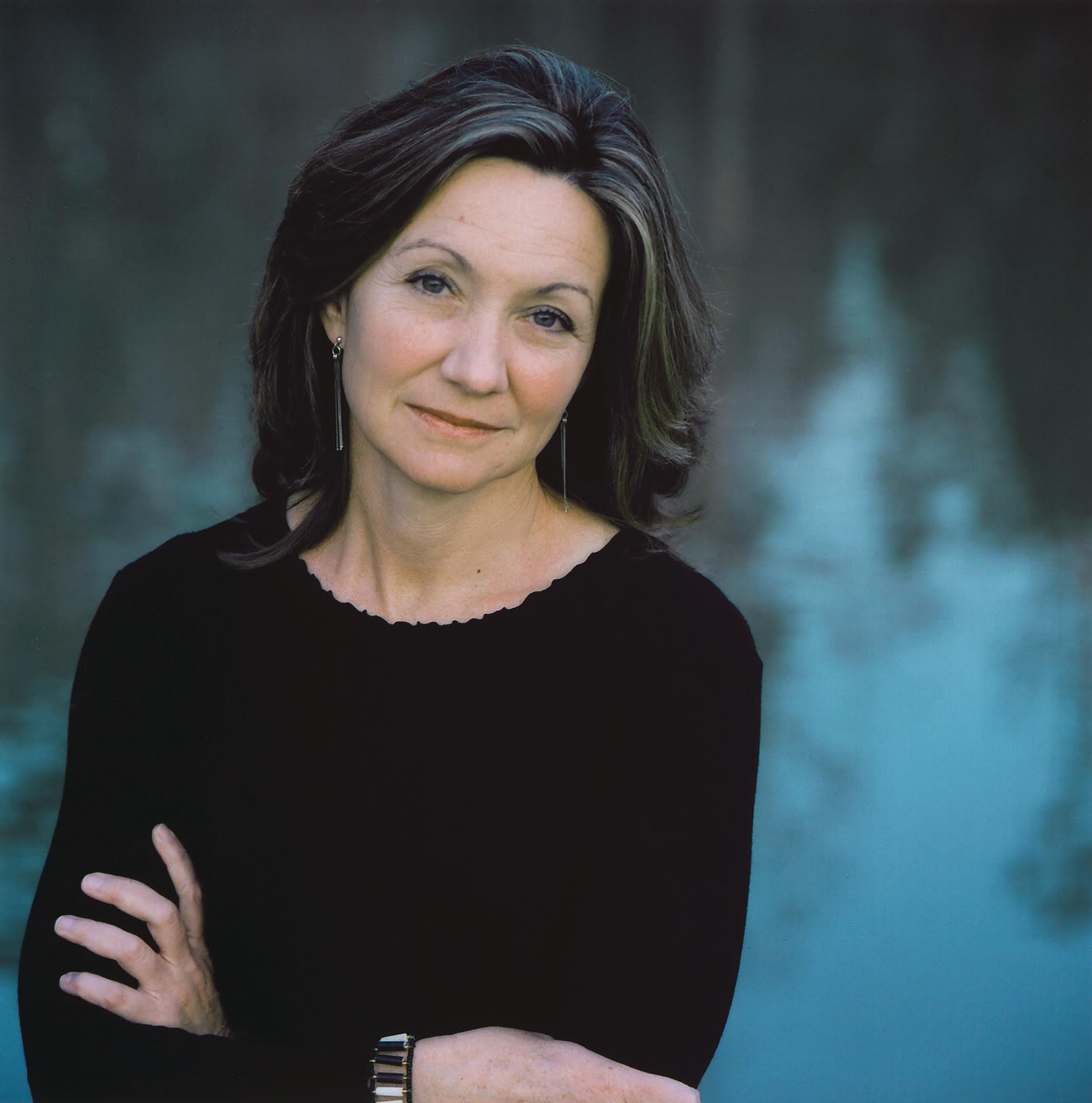Feb 2020, my backyard. Has nothing to do with this blog post, but we do expect snow tomorrow.
What keeps people from writing? Fear.
For many, putting our thoughts and words on paper is
terrifying. It is like pulling your heart out of your chest, handing it over to
someone, and saying, “Do whatever you want with it. Smash it in the ground if
you want. Throw it in the trash, chop it into little pieces and throw it away.
But I hope you will love it and treat it with tenderness.”
Writing is a personal experience and not everyone can do
it. Fear of what others might say about us and our writing is one of the
largest challenges we face. We also have doubts about ourselves. I can’t
really write. I’m not that good. Who am I to think I can write anything others
would want to read?
I am sure that everyone who has written and shared what
they wrote, had those self-doubts. We all second-guess ourselves. I know I have,
and I still do at times. I have a short story I wrote 25 years ago, printed it
out, edited it to death, and only let one person read it. I thought it was
pretty good. But the one person who read it, when asked what she thought, said,
“It was interesting, but I knew who was going to be the guilty one before you
ever got to that last part.”
Why did that bring up all my self-doubts? Why did I put
that story away with the promise that one day I would revise it and submit it?
As writers we pour our hearts and souls into each poem, short story, non-fiction,
or novel, and we never feel quite sure it will be accepted by readers.
Years ago, Kathryn Stripling Byer,
the first female poet laureate of North Carolina, who had published many poetry
books, won all kinds of awards, told me something I have remembered till this
day. “No matter how many books I have published,” she said. “Each new
manuscript I send to LSU Press (her press for many years) makes me as nervous
as the first one I submitted. There is no guarantee they will like this one.
There is no guarantee that it won’t be rejected.”
I was dumbfounded. I thought
with her reputation and all the praise and outpouring of respect and love for
her, she would be completely confident that anything she submitted would be
grabbed up with joy. But, in the long run, no matter how famous, how many
laurels one wins, we all still put on our pants one leg at the time the same as
everyone else.
The words she confided in me made a huge difference in my
thinking about what success is in the writing world. Although that short story
I wrote twenty-five years ago has not seen the light of day, I am going to
include it in my short story collection that I hope to submit or have published
this year. In fact, I am digging back into my early writing and finding poems
that I feared were not good enough to submit and including them in my next chapbook.
We must put fear behind us and realize that
rejections are not personal indictments against us or our writing.
Editors have many reasons why they choose what they will
publish. One of my poems, The Peach, was chosen for a literary journal
simply because it brought back a memory to the editor. He said when he read it,
he remembered how his mother would whip him with a peach tree switch when he
was a little boy. He did not say the poem was good and he did not choose it
because of its literary merit. He chose it because it brought back a memory from
his childhood.
I learned not to count my rejections. Why
should I? I count only the acceptances
of my work. We don’t need or want to crow about our latest rejection, do
we? But we shout out loud about the latest poem, short story or book
acceptance. And we should.
We talked today on Mountain Wordsmiths about how
we can promote our work during this pandemic. Book signings are scary for me,
although some authors are out there meeting the people face to face. I am
delighted that we have Zoom and can meet new people, share our work, and sell
our books even though it is much harder to sell a book online.
I think we must stop counting the number of books sold at
an event, and look at marketing our name, our faces and personalities online. I
am not a huge social media person. I don’t have a smart phone welded to my hand
and am annoyed by those who do. But, as a writer in today’s world, you must
have a social media identity either on Facebook, Twitter, Instagram or others.
I use Facebook as my social media outlet. I tried others, but just don’t want
to take the time to scroll through them all the time.
Did you know that scrolling is now considered as addictive
as smoking once was? Someone dear to me admitted recently that she was afraid
she was addicted to scrolling. What is it that hooks folks?
Anyway, if it helps promote your writing, you must take
time for social media marketing every day. I post on three blogs and that has
built me an audience in three countries – not big, but enough it satisfies me.
I adore my blogger friends who always leave comments on my posts. I do the same
for them.
The point of it all is we need and want to connect with others.
When we share our writing, we feel a need to have someone validate us, read,
and give us feedback that will encourage us without putting us down. We need to
know where we could improve our work, but we don’t need someone insinuating we
have no hope. Encourage and critique with kindness is the best way to help a
writer. I know that because my mentor and teachers, Nancy Simpson and Carol
Crawford did that for me.
In our discussion today on Zoom, the majority of us
agreed that if only one person has benefited from our writing, we are a
success. That is why our readers can make us very happy if they email or call
as someone did today to tell me how much she has enjoyed Paws, Claws, Hooves, Feathers and Fins; Family Pets and God’s other Creatures. I don’t know if she bought it
on Kindle, as a used book at the library, or purchased a brand-new paperback from
Tigers in Hayesville, she made my day.







